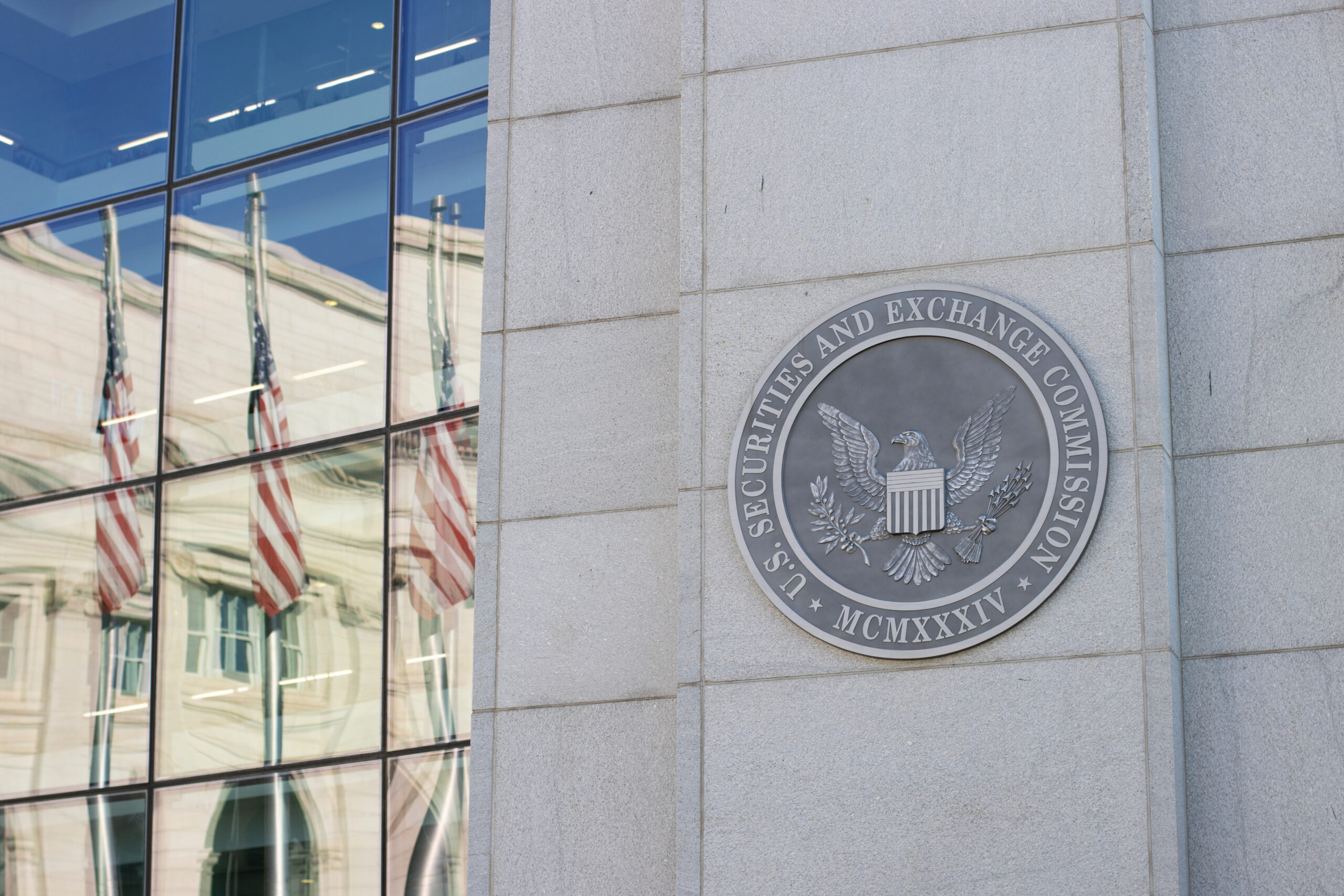U.S. SEC finalises new climate disclosure rules
The climate disclosure requirements are far weaker than originally outlined by the financial regulator two years ago.

On March 6th, the U.S. Securities and Exchange Commission (SEC) finalised new rules on climate disclosure for publicly-traded companies, an attempt to enhance and standardise climate-related information for investors. However, the rules are significantly more modest than originally planned, after being watered down following stiff opposition from large parts of Corporate America.
The objective of the suite of new rules was to provide investors with information about greenhouse gas emissions from businesses, as well as their climate risks and exposure to the energy transition. As the SEC has noted, many investors and businesses are asking for clarity over such information.
The highly-anticipated new directive comes after a fraught two-year process, with intense support and opposition. The SEC received over 24,000 public comments on the proposal.
“These final rules build on past requirements by mandating material climate risk disclosures by public companies and in public offerings,” SEC Chair Gary Gensler said in a statement. “The rules will provide investors with consistent, comparable, and decision-useful information, and issuers with clear reporting requirements.”
However, in the end, the SEC finalised rules that are significantly weaker than they originally outlined two years ago.
The rules require companies to disclose information on their Scope 1 (direct) and Scope 2 (indirect) emissions, but only if they are “material,” which critics see as a big loophole. Scope 3 emissions — emissions released downstream — were left out entirely, a notable retreat from the more stringent approach the SEC had proposed in 2022. Small companies do not have to report anything at all.
While many climate groups welcomed new climate disclosure standards, they criticised them as watered-down and inadequate. “This rule answers some of the key demands from investors for reliable, comparable data needed to make informed choices in today’s world but falls significantly short of what is needed,” Laura Peterson, a corporate analyst at the Union of Concerned Scientists, a Washington-based NGO, said in a statement.
She added that excluding Scope 3 emissions from disclosure, and allowing lengthy timelines on Scope 1 and 2 disclosures means that “regulators are failing to accurately reflect the best available scientific evidence and heed the risks at hand to the economy.”
Despite finalising weaker-than-expected rules, the energy industry is still opposed the SEC efforts in their entirety. Several groups of oil and gas companies and Republican Attorneys General immediately filed multiple lawsuits.
“The new rule (almost 900 pages long) does nothing to help investors get a greater return or make any difference in the climate,” Jerry Simmons, president and CEO of the Domestic Energy Producers Alliance, an oil and gas trade group, said in a statement. “This is simply to force a political and ideological position onto US companies.”
Meanwhile, the European Union and the state of California have passed their own climate disclosure rules, which are more substantial and could have a larger impact than the SEC requirements.
“Since California is among the world’s largest economies, its regulations are already expected to have wide effects on corporations around the world,” wrote Sehoon Kim, assistant professor of finance at the University of Florida.
California will require disclosure of Scope 1, 2 and 3 emissions when they take effect in 2026 and 2027.



